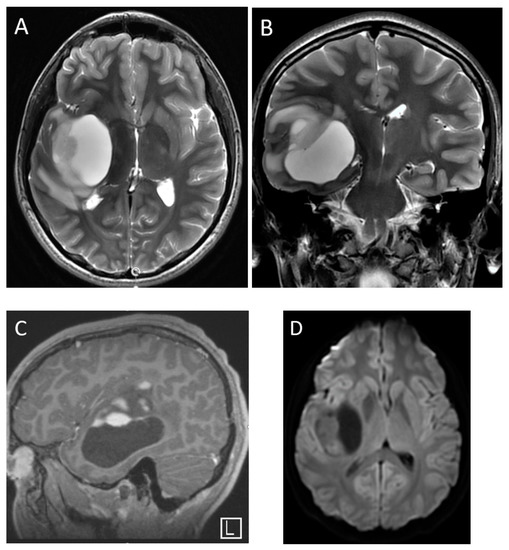Pediatric imaging plays a fundamental role in the safe and accurate detection of tumors in children. Using specialized techniques tailored to young patients, pediatric diagnostic imaging minimizes radiation exposure while providing clear, detailed results. These screenings help doctors identify tumors early, guide treatment decisions, and monitor progress with precision. Here’s more information on how child imaging services help with safe screening for tumors:
Early Screening
Early tumor detection significantly improves treatment success rates in pediatric patients. Pediatric medical imaging allows doctors to identify abnormal growths before they become larger or spread to other parts of the body. This helps medical teams develop targeted treatment strategies that work best for each child’s specific situation.
Accurate screening also helps doctors distinguish between different types of growths. Pediatric imaging specialists use their training to interpret results correctly and provide clear information to families about their child’s condition. Regular screening helps monitor changes in existing conditions. Doctors can track tumor growth or reduction over time to determine if treatments are working effectively.
Imaging Types
Several imaging techniques are utilized in pediatric care to diagnose and monitor various medical conditions. These include:
- Pediatric X-rays: Widely used for examining bones, detecting fractures, and diagnosing respiratory conditions.
- Pediatric Ultrasound: A safe, non-invasive method that uses sound waves to visualize soft tissues, organs, and blood flow without radiation exposure.
- Pediatric MRI: Employs strong magnetic fields and radio waves to create detailed images of soft tissues, the brain, and the spinal cord.
- Pediatric CT Scan: Combines X-ray technology with computer processing to provide cross-sectional views of the body, often used for detecting internal injuries or abnormalities.
These pediatric imaging techniques play an integral role in accurately diagnosing and managing pediatric illnesses.
Safety Measures
Pediatric imaging specialists implement multiple safety measures to protect young patients during screening procedures. These professionals receive special training in child-specific imaging techniques and safety protocols. Their expertise helps make sure each procedure is both effective and safe.
Radiation exposure is carefully monitored and minimized during all procedures that use X-rays or CT scans. Specialists calculate precise doses based on each child’s size and weight. They also assess the child’s lifetime radiation exposure to make informed decisions about imaging frequency.
Sedation may be used for younger children or those who have difficulty staying still during longer procedures like MRI scans. Pediatric anesthesiologists monitor children closely during sedated procedures to maintain safety throughout the imaging process.
Family Support
Medical teams provide comprehensive support to help children and families navigate the imaging process. This support begins with clear explanations about what to expect during each procedure. Staff members use age-appropriate language to help children understand their upcoming imaging appointment.
Preparation guidelines help families prepare their children for imaging procedures. These guidelines may include instructions about eating, drinking, or taking medications before the appointment. Specialists may work with younger patients to reduce anxiety about medical procedures. These professionals use play therapy and other techniques to help children feel comfortable.
Parents or caregivers can often stay with their children during certain types of imaging. Follow-up care includes clear communication about results and next steps. Radiologists work with referring doctors to make sure families receive timely information about their child’s imaging results.
Schedule a Pediatric Imaging Consultation
Pediatric imaging provides safe and effective tumor screening for children and teens. Specialized techniques and equipment help medical professionals detect abnormalities while protecting young patients from unnecessary risks. Early detection through appropriate screening can significantly impact treatment success and long-term outcomes. Contact a pediatric imaging specialist near you to learn more about available screening options and schedule a consultation for your child.

